14 Nov Honoring Advisors Who Serve(d): Veterans Day, 2023 – Think Advisor
In honor of Veterans Day and National Veterans and Military Families Month, we’re pleased to present ThinkAdvisor’s 12th annual Advisors Who Serve(d) compilation, in which we highlight stories of veterans in the advisory world, told in their own words.
Advisors Who Serve(d) highlights financial advisors and other industry professionals who have served or are serving in the military.
This year’s compilation of advisors’ stories debuted on The Fourth of July.
This group of eight stories and photos is arranged in alphabetical order so you can keep track of advisors as you scroll through. Maybe you’ll even recognize a few faces along the way.
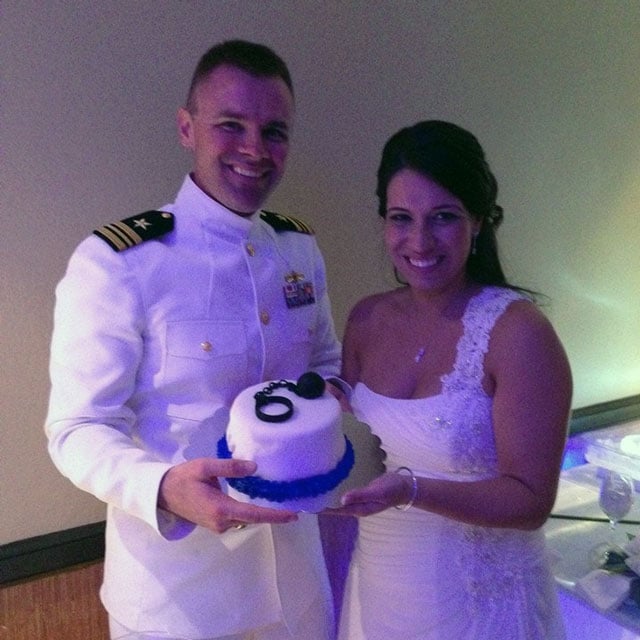
Michael Ball
Title/company: Financial Advisor / Edward Jones
Branch: U.S. Navy
Rank held at beginning of service and at end: Ensign / LT Commander
Service dates: 1999 – 2019
Work you did: Surface warfare and retired out of U.S. Special Operations Command
Brief story that stands out from your service time: There is nothing better than returning from deployment with everyone safe and sound. A highlight was always seeing the new fathers who were meeting their little ones for the very first time and all those who were reunited with families after being deployed to the combat zone. No matter if it was my first deployment or my last, the feelings were always the same, with the same intensity of love, joy, and comradeship.
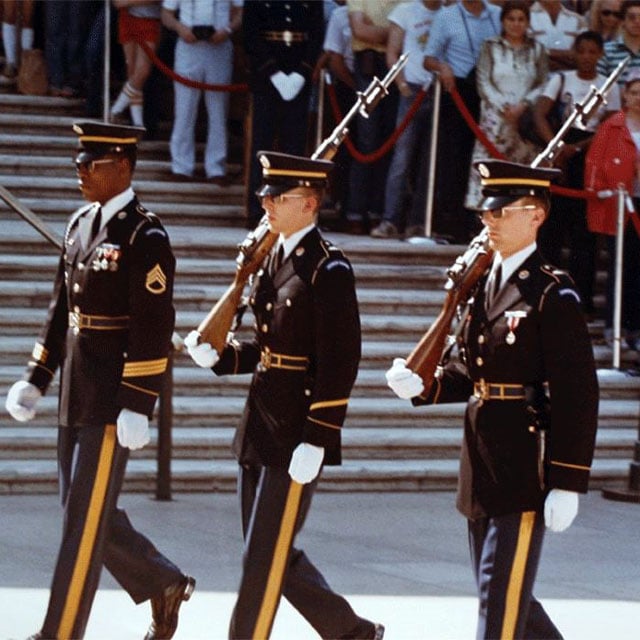
Chuck Carrick
Title/company: Managing Director / Beacon Pointe Partner
Branch: U.S. Army
Rank held at beginning of service and at end: Private E-1 / E-5 in the National Guard, upon later graduating from college and achieving 2nd Lieutenant status
Service dates: 1977 – 1981 Regular Army, 1981 – 1984 National Guard and Reserves
Work you did: 3rd U.S. Infantry Regiment (The Old Guard) Ft Myers, Virginia, spending 2 years as a Sentinel at the Tomb of the Unknown Soldier
Brief story that stands out from your service time: I was fortunate to serve in a time of peace, however many of the leaders I served under were Viet Nam veterans. They taught me about dedication, honor, sacrifice, and teamwork. These soldiers helped to ensure that we truly understood the incredible honor we had to be sentinels at the Tomb of the Unknown Soldier. A place where families from across the country came to connect and honor those who sacrificed everything so that we could enjoy our freedoms.
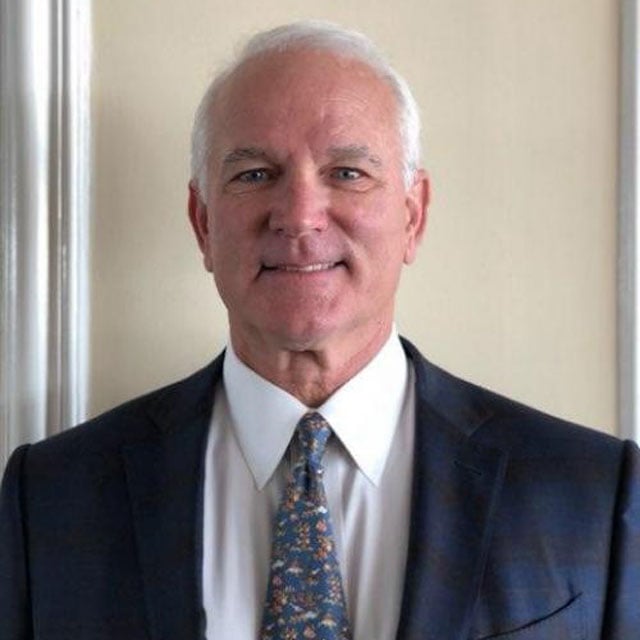
David Chepauskas
Title/company: Senior Wealth Management Adviser / Summit Financial, LLC
Branch: Field Artillery branch
Rank held at beginning of service and at end: 2nd Lieutenant / Major
Service dates: 1977 – 1990
Work you did: I graduated from the US Military Academy at West Point in 1977, as a Second Lieutenant choosing to enter the Field Artillery branch. After attending officers’ basic artillery course (OBC) in Fort Sill Oklahoma, I was stationed with the 101st Airborne Division in Fort Campbell Kentucky for five years.
Brief story that stands out from your service time: I commanded a field artillery firing battery for two of those years as a first lieutenant. After completing the field artillery officers advanced course (again at Ft Sill), I had the privilege of commanding the largest artillery battery in the US Army, stationed in Berlin, Germany.
This was a unique assignment, living in a walled in city over 100 miles inside a communist country (which most Americans did not realize), during the Cold War. The city of Berlin was surrounded by multiple Soviet Divisions, and we had a single Brigade; we were outnumbered many times over. Interestingly, we were able to travel through Checkpoint Charlie into East Berlin.
I often say that seeing a communist country in 1990 during the Cold War was perhaps the best advertisement for capitalism one could imagine. Crossing through Checkpoint Charlie from West Berlin, a bustling metropolis like Manhattan or Paris, into East Berlin, was like walking into a black and white movie from the early 1900s. The city buildings still had not repaired many of the bullet holes 45 years after World War II ended. The seeming attraction of an 11 to 1 currency exchange rate would presumably enable a 28-year-old to purchase things we normally couldn’t afford on a Captain’s salary. To our surprise, it apparently didn’t matter how much money we had available; there was virtually nothing to be purchased. The department store front windows would display fine German crystal and dishware, collectibles, cameras, etc. But when we went inside to purchase, we found that they were only there for show; nothing was actually available for purchase. People would wait patiently on long lines to buy rotten fruit. Shabbily dressed citizens drove East German-made vehicles which seemed too small to fit into. The primary source of heat was coal, giving one a headache from the fumes by the end of the day.
Upon completion of my German tour, I was accepted to teach on the West Point faculty, so I was sent for a master’s degree at the University of Georgia. As a faculty member at West Point, I attended night classes for a second master’s degree in business. It was there that I took a finance course, deciding that I wanted to make a career in finance.
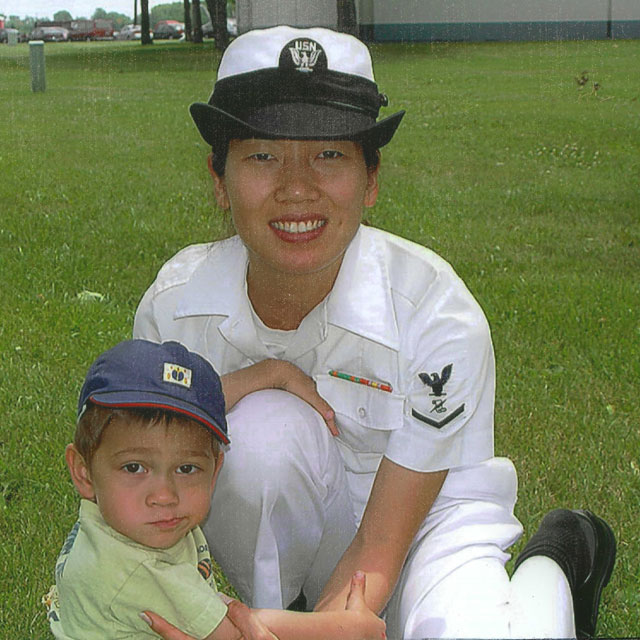
Sandra Cho
Title/company: President / LPL-affiliated Pointwealth Capital Management
Branch: U.S. Navy Reserve
Rank held at beginning of service and at end: E03 (Petty Officer 3rd Class) / E02 (Petty Officer 2nd Class)
Service dates: 2002 – 2005
Work you did: Journalist, now it’s considered Mass Communications
Brief story that stands out from your service time: At the end of boot camp, Chief said to all the female recruits that we could pick out a movie to watch at the end of our last night. He read out loud the names of 30 videos. After hearing the last movie name we all screamed and cheered and picked that one unanimously. He threw his cap on the ground and said, “Damn! I’m sick of watching G.I. Jane!”
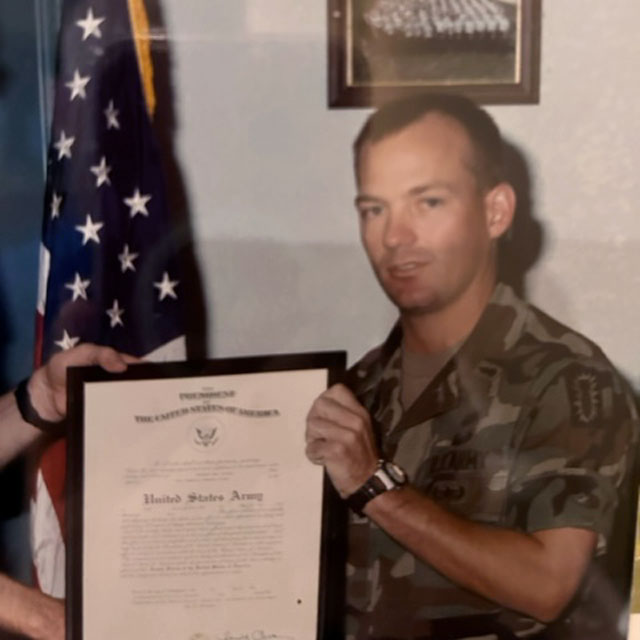
Richard Dickson
Title/company: LPL-affiliated Financial Advisor / Galene Financial
Branch: U.S. Army
Rank held at beginning of service and at end: Private / Captain
Service dates: 1990 – Oct 2000
Work you did: 734th Company EOD
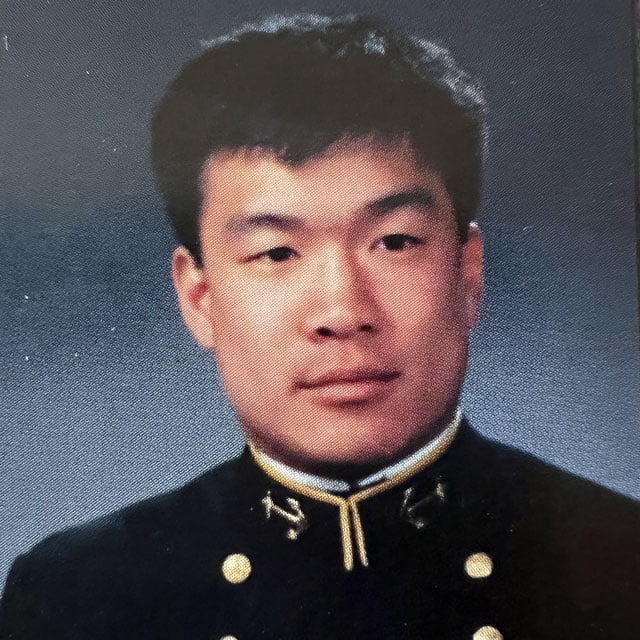
Andy Leung
Title/company: Private Wealth Advisor / Procyon Partners
Branch: U.S. Marine Corps
Rank held at beginning of service and at end: 2nd Lieutenant / Captain
Service dates: 1990 – 1997
Work you did: Combat Engineer and Executive Officer of Marine Corps Security Forces
Brief story that stands out from your service time: The Dayton Accords were signed in 1995 signaling the end for the war in Bosnia. NATO immediately deployed as the peace keeping forces in Sarajevo. Our Marine company in Naples was the most forward deployed US units and were attached with days notice to the NATO Headquarters being established in Sarajevo. We worked jointly with units from the other NATO members to include French, British, Turkish, Italian Greek and others to stabilize the area. The lessons learned was always be prepared, be flexible and work together to get the job done.
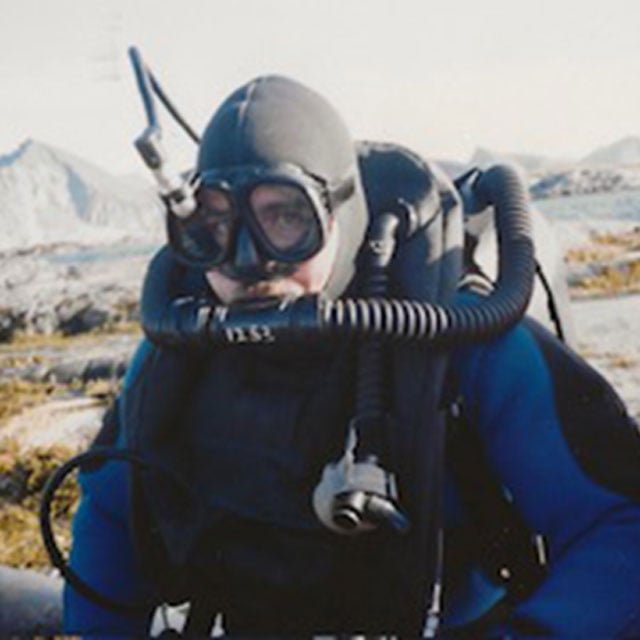
Gregg Shallan
Title/company: Managing Director – Investments / Wells Fargo Advisors
Branch: U.S. Navy
Rank held at beginning of service and at end: Ensign / Commander
Service dates: 1981 – 2001
Work you did: Naval Special Operations Officer (EOD)
Brief story that stands out from your service time: I spent 20 years as a Navy Special Operations Officer (EOD). As an EOD Technician, we were responsible for rendering safe all types of unexploded ordnance, from mines to IEDs to nukes, around the world, on land or underwater. I experienced the joy of traveling around the world, the wonder of new cultures and the responsibility of serving as a Commanding Officer. But to me, the most special takeaway from my service was the privilege of being part of the Specops/EOD community This was an all-volunteer outfit that accomplished amazing missions in an inherently hazardous environment. As a young officer, I learned to keep my mouth shut and ears open. I learned to trust my teammates in high-pressure situations, and to work harder than I had ever done before, just to keep up. I learned that every person had a talent, and it was up to us to discover it, nurture it and refine it, which would invariably lead to a much stronger organization. To look back on my career, and know I was a part of this elite force, gives me the confidence that I can handle anything that life throws my way.
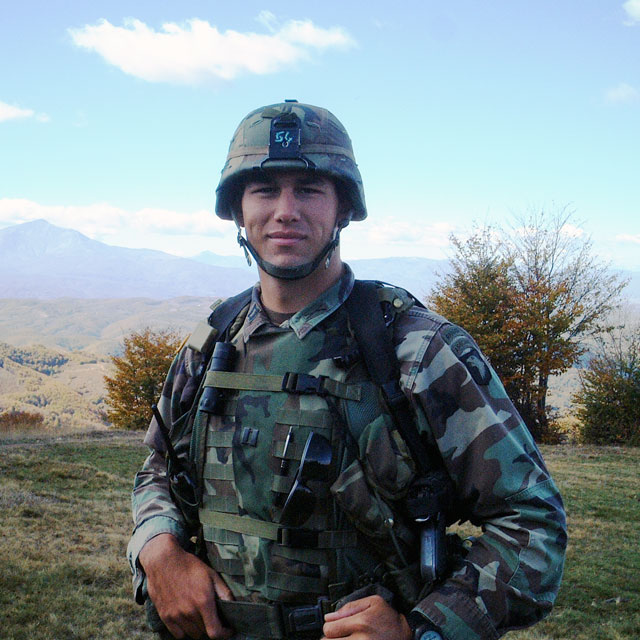
Daxs Stadjuhar
Title/company: National Managing Director LPL-affiliated Mariner Advisor Network
Branch: U.S. Army
Rank held at beginning of service and at end: 2nd Lieutenant / Captain
Service dates: 1995 – 2002
Work you did: Infantry Officer – Over my 7 years I was a Heavy Weapons Platoon Leader, Rifle Company Executive Officer, Aide-de-Camp to a Brigadier General, Support Platoon Leader, Strategic Plans Officer, and a Air Assault Company Commander for Charlie Company, 2-502nd Infantry, 101st Airborne
Brief story that stands out from your service time: My time in the Army and the mentorship by great leaders is one of the things that has made me who I am. I could tell stories of “close calls” and “what if’s” but the best part of the Army was meeting my wife when I was serving in South Korea between 1995 and 1999. She was serving as a Military Intelligence officer and after our first date I knew she was the one. I proposed after only 4 months and we were married several months later when we took our mid-tour leave. No one can deny that marriage is hard, but it can be even harder in the military when you are trained to put the Army first. During those tough times we always fell back on the fact that you never quit at anything. We were trained to always keep running, always do more pushups, to keep climbing the hill even though you were exhausted. While those brute strength approaches can work in training and deployments, they don’t always work in a marriage; unless you flip the script. You can learn to listen harder and you can learn to close your mouth longer. I look back on those early years and the fact that we continued to tell each other that we were not going to quit on our marriage. That same attitude has helped both of us in our education, raising our children, and building businesses. You have probably never heard of someone saying the Army saved my marriage, but it sure did in my case, and much more.
NOT FOR REPRINT
© 2023 ALM Global, LLC, All Rights Reserved. Request academic re-use from www.copyright.com. All other uses, submit a request to For more information visit Asset & Logo Licensing.

